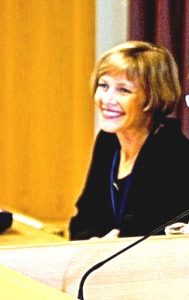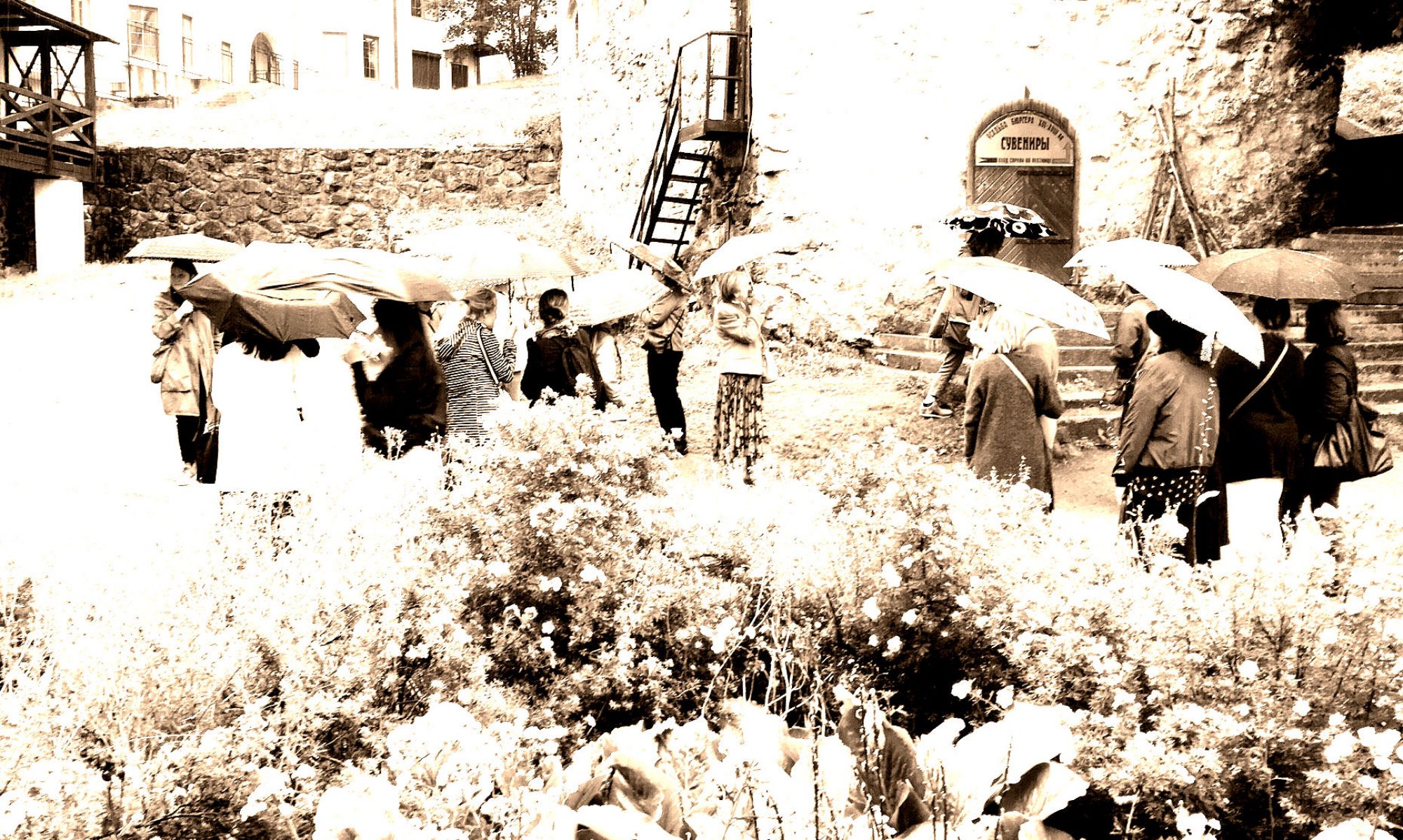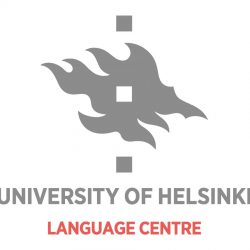 The Language Centre celebrated the 40th anniversary of its establishment in 2017. The anniversary and the seminar marking it in October provided an opportunity to look back as well as forward.
The Language Centre celebrated the 40th anniversary of its establishment in 2017. The anniversary and the seminar marking it in October provided an opportunity to look back as well as forward.
When the Language Centre celebrated its 20th anniversary, it published an anniversary book entitled Millainen kieli, sellainen kulttuuri (“As is language, so is culture”). The book opens with the article Alussa oli visio (“In the beginning was the vision”), which tells the story of the first ten years of the Language Centre, from the planning of operations to the mid-1980s. The article authors, Professor Matti Rissanen and Head of Administration Eija Uimonen, provide a humorous description of the Language Centre’s early years. They end their article by stating that, throughout its history, “the spirit of the Language Centre, its youthful vigour and reformist inclination have remained unchanged – and we hope to see this continue in the future.”
The authors’ wishes appear to have come true. Characteristic of the Language Centre are its strong sense of community, the willingness and ability of its staff to engage in collaboration and development, the Centre’s pedagogical ambitions, and its efforts to do its work as well as possible. The Language Centre’s mission at the University of Helsinki is based on continuous dialogue with the academic community. This dialogue has been particularly important in the planning of the University’s extensive education reform and, in the past year, the early stages of its implementation.
Last year was also marked by several development projects and teaching-related reforms. The Language Centre concluded an agreement on cooperation with the Confucius Institute at the University of Helsinki. Based on the agreement, most of the Institute’s instruction in Chinese will be provided as part of the Language Centre’s curriculum. The cooperation with the Institute has been excellent, multiplying the scope of studies in Chinese available to University students. In addition, the Language Centre’s course assistant activities were expanded from the teaching context to more extensive development work. The Support for Teaching and Learning Unit adopted a new practice in which the Language Centre’s operations are developed in closer cooperation with international students.
Speech communication was added to the teaching programme when teachers of speech communication from the Faculty of Arts and the Faculty of Educational Sciences moved to the Language Centre at the beginning of the year. In addition, two new teachers were recruited for the teaching in speech communication to be launched at the Faculty of Social Sciences, the Faculty of Law and the Faculty of Theology in 2018. However, the demand for teaching in speech communication and interaction skills is greater in the degree programmes than what the Language Centre is currently able to provide.
The diversification of learning environments and the development of digitalisation in accordance with the implementation plan based on the University of Helsinki’s strategic plan have progressed in the national spearhead project for the national languages of Finland, which is funded by the Ministry of Education and Culture, as well as in several smaller projects.
Close to 90% of the Language Centre’s staff took part in the University’s workplace wellbeing survey in autumn 2017. The Language Centre achieved excellent results, ranking among the top University units once again.
I wish to express my gratitude and esteem to the Language Centre staff, both current employees and those who have retired. Each and every contribution has been valuable. Every member of staff has helped shape the Language Centre into what it is today and what we will make of it in response to future developments.
Ulla-Kristiina Tuomi
Director of the Language Centre

